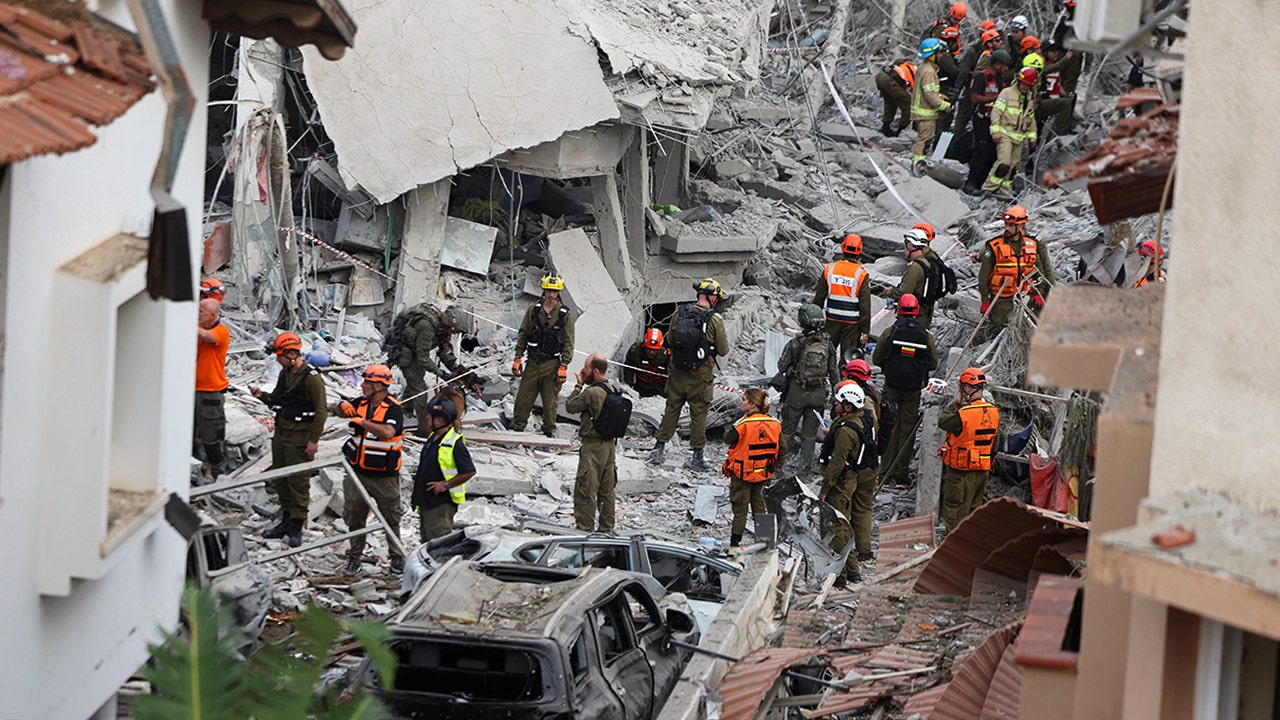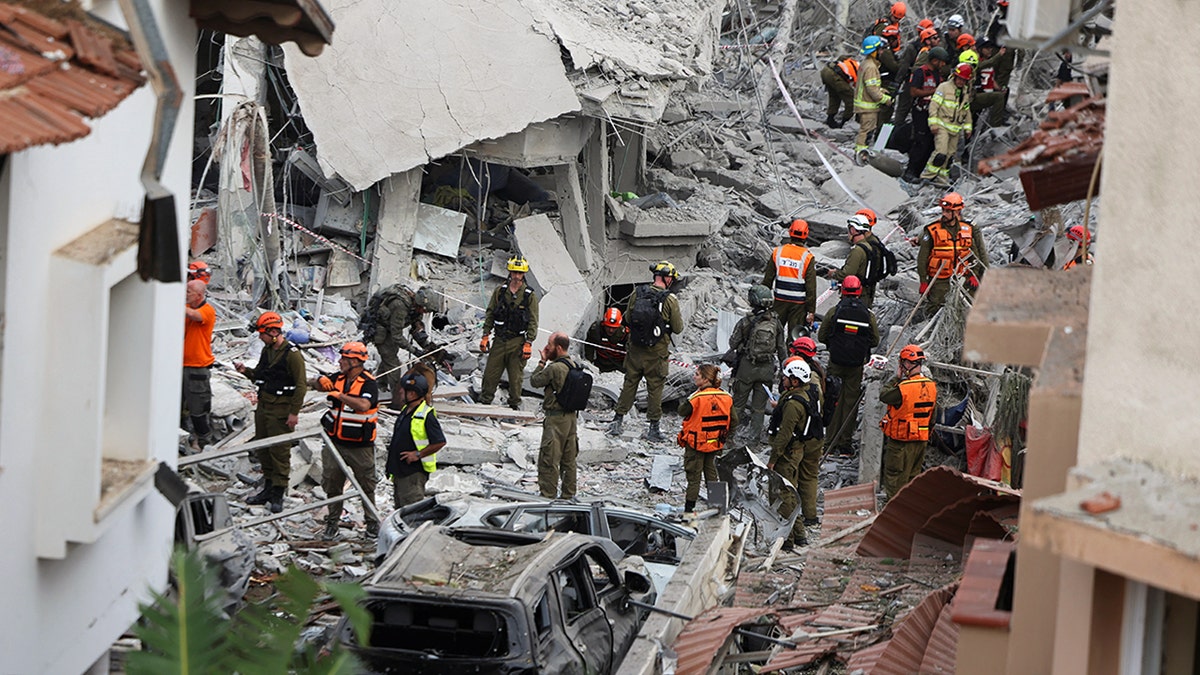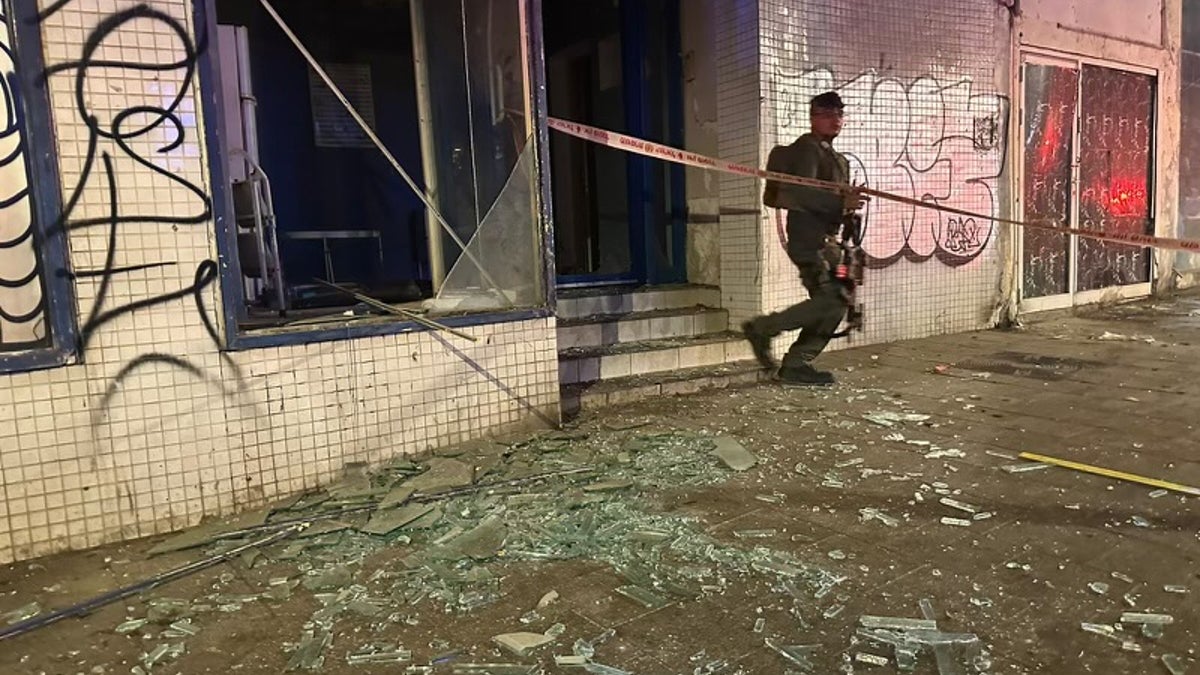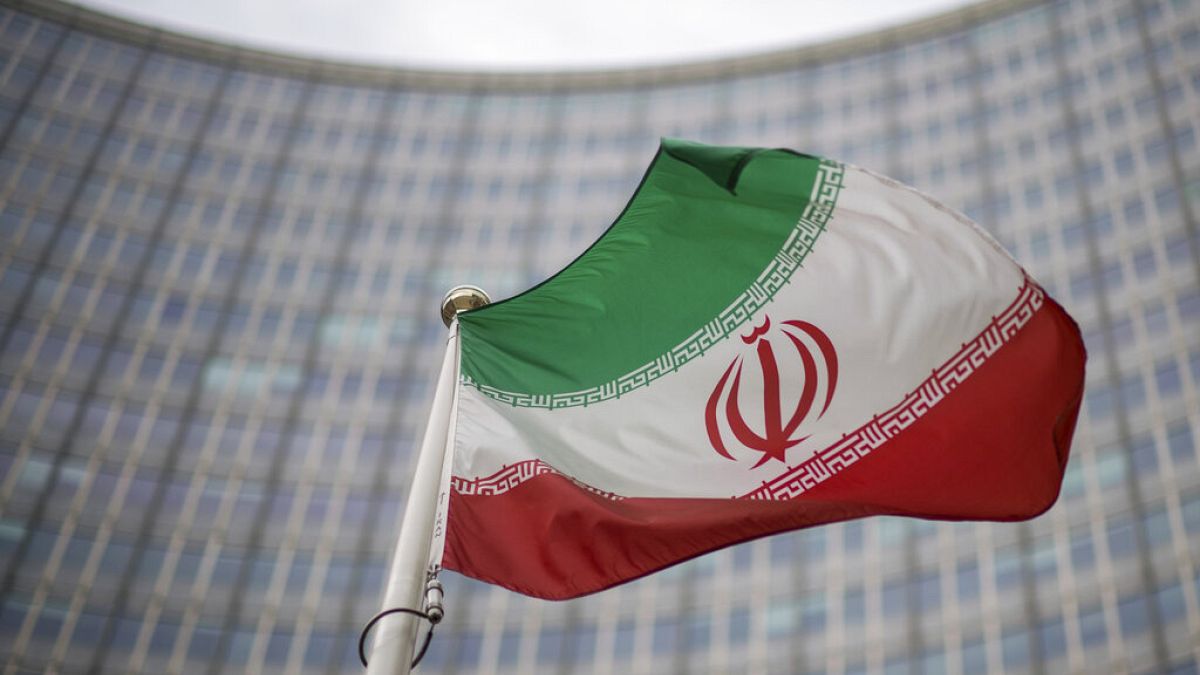World
Bangladesh FM says not bothered by US visa curbs, promises free elections

Dhaka, Bangladesh – Bangladesh’s foreign minister has said his country was not “bothered” by the US visa curbs on unnamed Dhaka officials for undermining the election process as part of Washington’s push for free and fair general elections slated to be held early next year.
“The US is a democracy, so are we,” AK Abdul Momen told Al Jazeera on Saturday.
“As a global power, they, of course, can exercise power over others but we are not bothered because we know how to hold an acceptable election,” he said, echoing Prime Minister Sheikh Hasina’s assertion that her government is capable of conducting free and fair elections.
The US Department of State on Thursday announced to impose visa restrictions on Bangladeshi individuals “responsible for, or complicit in, undermining the democratic election process in Bangladesh”.
A statement issued by the State Department spokesperson Matthew Miller mentioned “these individuals include members of law enforcement, the ruling party, and the political opposition” and “their immediate family may be found ineligible for entry into the United States.”
The State Department did not release any names as the “[visa]records are confidential under US law,” Bryan Schiller, US Embassy spokesperson in Bangladesh told the local media.
The visa restrictions come nearly four months after US Secretary of State Antony Blinken warned of curbs, as Washington has expressed support for “free, fair and peaceful national elections” in the South Asian nation of 160 million people.
Back then, Bangladesh’s foreign ministry had assured free and fair elections. However, the Hasina government has continued to target political opposition and activists, including the jailing of two leading human rights activists on September 14.
The last two national elections – 2014 and 2018 – were marred by vote-rigging charges and opposition boycott. The Awami League (AL) party of Prime Minister Hasina won both the elections. It has denied the elections were rigged.
The US State Department, moreover, warned that additional persons found to be responsible for, or complicit in, undermining the democratic election process in Bangladesh may also be found ineligible for US visas in the future.
Minister Momen meanwhile, said his party’s “rank and files” are not worried about the visa sanctions as most of them want to stay in this “prospering country”.
“Our voters are also not bothered because they probably are not thinking of going to the US at all.”
‘Targeted sanctions’
Tensions surrounding the upcoming national election, scheduled to be held in January next year, have already reached a boiling point, with the main opposition – the Bangladesh Nationalist Party (BNP) – and its allies, staging regular street protests.
They are demanding the installation of a neutral caretaker government to conduct the elections. However, the provision of caretaker government was nullified in 2011 by the Supreme Court. The opposition has said the court ruling was influenced by the governing Awami League, which has been in power since 2008. A caretaker administration oversaw the 2008 election.

Western powers, including the US and the European Union – the two main destinations of Bangladesh’s multibillion-dollar garment export – have repeatedly expressed concern about free and fair elections and rights violations under the current government.
Experts have argued that the latest visa sanction by the US is just a reflection of their concerns. Last year, Washington slapped sanctions on notorious Bangladesh paramilitary forces – Rapid Action Battalion – for extrajudicial killings. Dhaka has also been not invited to the two editions of the high-profile Summit for Democracy organised by President Joe Biden’s administration.
Former Bangladesh ambassador to the US, Humayun Kabir, said the visa curb is to ensure a free and fair election.
“The fact is, those who are actually impeding the fair election process should be worried as the US government, of course, did proper groundwork before imposing these sanctions,” he told Al Jazeera.
US-based Bangladesh-American geopolitical analyst Shafquat Rabbee told Al Jazeera that given the high-voltage engagement and communications coming from the US government regarding Bangladesh’s upcoming election, “It is certain that the US has made a determination rather than trying to preserve Bangladesh’s democracy, at least nominally”.
Rabbee believed, that as elections remain extremely popular in Bangladesh, the incremental cost of trying to preserve that nominally democratic culture for the US is not much. “So the US is trying using less invasive approaches like targeted sanctions,” he said.
He also said it is highly likely the US will bring more targeted sanctions, next time perhaps on Bangladesh’s business community and judiciary if the country’s democratic backsliding continues.
Opposition parties have welcomed the US step, with Rumeen Farhana, a former member of parliament from the main opposition BNP, saying that “the whole world has seen how [Awami League] had used every bit of state machinery, including bureaucracy, law enforcement and judiciary to steal elections”.
“Not once, twice,” she said.
The international affairs secretary of the ruling Awami League party, however, said his party was not concerned by the visa curbs.
Shammi Ahmed told Al Jazeera that the US or other global powers are “very interested” to see a “fair election” in Bangladesh as the country “is no longer a basket case, rather an emerging economic power”.
“And we have achieved this under the leadership of Sheikh Hasina,” Ahmed said.
“We have trust in our own people and we trust in elections. The ballot paper will decide our fate, not global powers,” she said.

World
MAGA is split over Israel and Iran. Which way will Trump go?

How did MAGA become Trump’s biggest opponent of a US strike on Iran? The Republican base is split over Trump’s rhetoric about getting involved in another foreign war. Conservative stalwarts like Tucker Carlson and Steve Bannon are pushing back. Could a US strike on Iran be a blow against Trump at home?
World
Pope Leo XIV flags AI impact on kids' intellectual and spiritual development
ROME (AP) — Pope Leo XIV warned Friday that artificial intelligence could negatively impact the intellectual, neurological and spiritual development of young people as he pressed one of the priorities of his young pontificate.
History’s first American pope sent a message to a conference of AI and ethics, part of which was taking place in the Vatican in a sign of the Holy See’s concern for the new technologies and what they mean for humanity.
In the message, Leo said any further development of AI must be evaluated according to the “superior ethical criterion” of the need to safeguard the dignity of each human being while respecting the diversity of the world’s population.
He warned specifically that new generations are most at risk given they have never had such quick access to information.
“All of us, I am sure, are concerned for children and young people, and the possible consequences of the use of AI on their intellectual and neurological development,” he said in the message. “Society’s well-being depends upon their being given the ability to develop their God-given gifts and capabilities,” and not allow them to confuse mere access to data with intelligence.
“In the end, authentic wisdom has more to do with recognizing the true meaning of life, than with the availability of data,” he said.
Leo, who was elected in May after the death of Pope Francis, has identified AI as one of the most critical matters facing humanity, saying it poses challenges to defending human dignity, justice and labor. He has explained his concern for AI by invoking his namesake, Pope Leo XIII. That Leo was pope during the dawn of the Industrial Revolution and made the plight of workers, and the need to guarantee their rights and dignity, a key priority.
Toward the end of his pontificate, Francis became increasingly vocal about the threats to humanity posed by AI and called for an international treaty to regulate it. Francis said politicians must take the lead in making sure AI remains human-centric, so that decisions about when to use weapons or even less-lethal tools always remain made by humans and not machines.
___
Associated Press religion coverage receives support through the AP’s collaboration with The Conversation US, with funding from Lilly Endowment Inc. The AP is solely responsible for this content.
World
Missiles hit hospitals, homes and families: Inside Israel's terrifying Iranian bombardment

NEWYou can now listen to Fox News articles!
CENTRAL ISRAEL – At least six people were seriously wounded Thursday morning when an Iranian ballistic missile struck Be’er Sheva’s Soroka Medical Center, part of a broader barrage that also scored direct hits on Tel Aviv, Ramat Gan, and Holon.
“We are hitting nuclear targets and missile targets precisely, and they are hitting the pediatric ward of the hospital. That says it all,” said Israeli Prime Minister Benjamin Netanyahu while surveying the damage at the hospital.
The attacks on Israel have left many homeless and lucky to be alive. Ariel Levin-Waldman is one such person. He was at his in-laws’ home in Rishon LeZion, where he and his family had been staying for several months during renovations to their own house—when an Iranian missile struck the residential neighborhood. The attack killed two people and injured dozens; a third victim died during an earlier wave of Iranian strikes.
IRAN STRIKES MAJOR ISRAELI HOSPITAL AFTER CLAIMING ISRAEL HIT ITS ARAK HEAVY WATER REACTOR
Smoke rises from a building of the Soroka hospital complex after it was hit by a missile fired from Iran in Be’er Sheva, Israel, Thursday, Jun. 19, 2025. (AP Photo/Leo Correa)
“At around 5 a.m., I got the same missile alert everyone in the country gets,” Levin-Waldman told Fox News Digital. “I grabbed my phone, ran downstairs with my wife and kids, and we made it to the shelter. My mother-in-law joined us.”
Then the missile hit the building.
“There was a flash of light, and everything went dark. We were choking, struggling to breathe,” Levin-Waldman said. Realizing help might not arrive in time, he continued, “I couldn’t wait to be rescued. We were suffocating, and I was afraid we’d be buried alive.”
Levin-Waldman tried to survey the damage inside the shelter, but the thick cloud of dust made it nearly impossible to see. All he could make out was that his arms and legs were still intact. The floor had become uneven, and the walls were damaged from the force of the blast.
It was at that moment he realized the explosion had propelled a book cabinet across the shelter, hitting his mother-in-law in the head.

Rescue personnel work at an impact site following missile attack from Iran on Israel, in Rishon LeZion, Israel, Jun. 14, 2025. (REUTERS/Ronen Zvulun)
“She was bleeding heavily, and I realized she had been calling out ‘save us’ in Hebrew, but her voice was faint,” he recalled. “I managed to lift the cabinet off my mother-in-law, and when I did, I saw a potential escape route. I cleared the way so my wife, Tali, and our two-and-a-half-year-old, Renana, could get through. I had Ayala, my seven-week-old baby, on my shoulders as I made the opening. It was just enough to get them out.”
As they emerged, firefighters guided them to safety onto the street. In front of Levin-Waldman stood a wall of rubble where his car had once been, and his feet were cut by glass from the explosion.
EVERYTHING YOU NEED TO KNOW ABOUT AYATOLLAH ALI KHAMENEI, SUPREME LEADER OF IRAN
Unable to climb over the debris with his younger child on his shoulders, he handed her to a paramedic. Once he climbed over himself, he looked around—only to realize Ayala was no longer in sight.
“Here I was, covered in dust and blood, almost naked, wandering the street screaming, ‘Where is my child?” he recalled. Some people thought the worst. It took about 30 minutes to find her.”
Amid the chaos on the street, Levin-Waldman became separated from the rest of his family. They were transported to Sheba Medical Center in two different ambulances and later reunited in the emergency room, where they received initial medical care along with social and psychological support.

Ariel Levin-Waldman’s baby Ayala carried by a police officer taking her to safety right after the house they lived in Rishon LeZion was hit by an Iranian missile attack. (Photo courtesy: Dvir Mor )
Only 20 hours after Levin-Waldman survived the attack, another Iranian missile struck a building across from the hotel where he was staying in Rehovot. “The blast shattered the windows, and the entire building shook. We had a whole floor of people from our neighborhood traumatized, reliving the experience,” he told Fox News Digital.
“The hardest part is confronting how fragile we are and how close we came to disaster,” he said.
Since the conflict began on June 13, Iranian missile attacks have killed 24 Israelis and wounded over 800.
The missiles do not discriminate—neither between men and women, children and the elderly, nor between Jew and Arab. That reality was tragically underscored over the weekend when four women were killed by a ballistic missile that scored a direct hit on their home in the predominantly Arab town of Tamra, just north of Haifa.
These terror missiles also make no distinction between the political left and right.

Large windows are shown shattered after what was believed to be a drone attack Thursday night. (Trey Yingst)
Israeli Opposition Leader Yair Lapid dodged a tragedy on Monday when his son’s house in Tel Aviv suffered damage from the aftershock of a direct missile impact that left many residents of the central metropolis homeless.
“My one-year-old granddaughter’s bed was covered in glass from an explosion caused by an Iranian missile. It is horrific to think what would have happened if she had been in bed,” Lapid told Fox News Digital.
“This is the enemy we are facing—a regime dedicated to our destruction and aiming to kill as many innocent children as possible. We have to remove the nuclear threat and the missile threat—for the safety of Israel and the world,” he added.
Coalition lawmaker Hanoch Mildwisky, a member of Prime Minister Benjamin Netanyahu’s ruling Likud Party, lives across the street from a building in Petah Tikva–located 6.5 miles east of Tel Aviv–which sustained damage in an Iranian attack that killed four people.
“There were dislodged windows and cracks in the walls,” Mildwisky told Fox News Digital. “In the building that was hit, there were unfortunately casualties. It was a very large missile, carrying nearly a ton of explosives, so the blast was massive and caused significant damage even hundreds of meters away from the impact site.”
TUGBOATS, CRUISE SHIPS AND FLIGHTS: ISRAEL BEGINS EMERGENCY EVACUATION OF CITIZENS AMID IRAN WAR

Zaka volunteer Jamal Waraki pulling Israelis out of the rubble in the aftermath of Iran’s missile attacks. (ZAKA )
Mildwisky emphasized that Iran must not be allowed to possess atomic bombs or the capability to develop them—particularly given the regime’s repeated declarations of intent to destroy the Jewish state.
As long as the threat remains, he said, Israel will be forced to continue its military operations.
Jamal Waraki, a Muslim volunteer with the ZAKA emergency service, had just completed a rescue mission—pulling an 80-year-old man from the rubble—when he returned home at 7:00 a.m. on Sunday to find his own house destroyed.
“That night, there was a missile impact in Rehovot. We tended to the building that had sustained a direct hit. Once we finished, I went home and discovered that my place too had been struck,” Jamal told Fox News Digital.
Thankfully, no one was home at the time. Jamal’s family had been staying with his mother-in-law in Eilat, where they still are. While awaiting the finalization of new housing arrangements, Jamal has been sleeping in his car.

The building in Lihi Griner’s complex which was hit by an Iranian missile attack. (Lihi Griner )
Lihi Griner is well known in Israel due to her appearance in the local spinoff of the Big Brother reality TV show. She was in her safe room with her husband and three children when the Iranian missile struck Petah Tikva, in the same neighborhood as lawmaker Mildwisky. Griner resides in a complex with four residential buildings, one of which was directly hit.
“There was a huge boom,” she told Fox News Digital. “The kids were shocked, they started to cry, and we kept telling ourselves that there was an impact, but we’re alive. It was surreal. I couldn’t believe it happened to me.”
After receiving the all-clear to leave the safe room, she opened the door and found everything was completely destroyed. “Our windows were blown out of the walls, the doors were broken in half, the walls were damaged with big cracks, and all the balconies in the front of the building were demolished,” said Griner.
Initially, residents were sent to a school across the street, where authorities offered hotel options at no cost. Soldiers later escorted Griner’s family back to their apartment so they could retrieve their belongings. While the residence is now safe, they can’t sleep there due to the lack of windows.
“I live day by day. I’m just happy we’re alive. It gives us time to figure out what comes next,” Griner said.
For Levin-Waldman, what came next was an unexpected phone call from the Rishon Lezion municipality on Wednesday. To his relief, another member of the family had been found alive and unharmed four days after the attack: their dog, Zvika.
-

 Culture1 week ago
Culture1 week agoA Murdered Journalist’s Unfinished Book About the Amazon Gets Completed and Published
-

 Education1 week ago
Education1 week agoWhat Happens to Harvard if Trump Successfully Bars Its International Students?
-

 Arizona2 days ago
Arizona2 days agoSuspect in Arizona Rangers' death killed by Missouri troopers
-

 News1 week ago
News1 week agoTrumps to Attend ‘Les Misérables’ at Kennedy Center
-

 World1 week ago
World1 week agoSudan’s paramilitary RSF say they seized key zone bordering Egypt, Libya
-

 Technology1 week ago
Technology1 week agoGoogle is shutting down Android Instant Apps over ‘low’ usage
-

 News1 week ago
News1 week agoElon Musk says some of his social media posts about Trump 'went too far'
-

 Technology1 week ago
Technology1 week agoMeta’s new AI video tool can put you in a desert (or at least try to)















